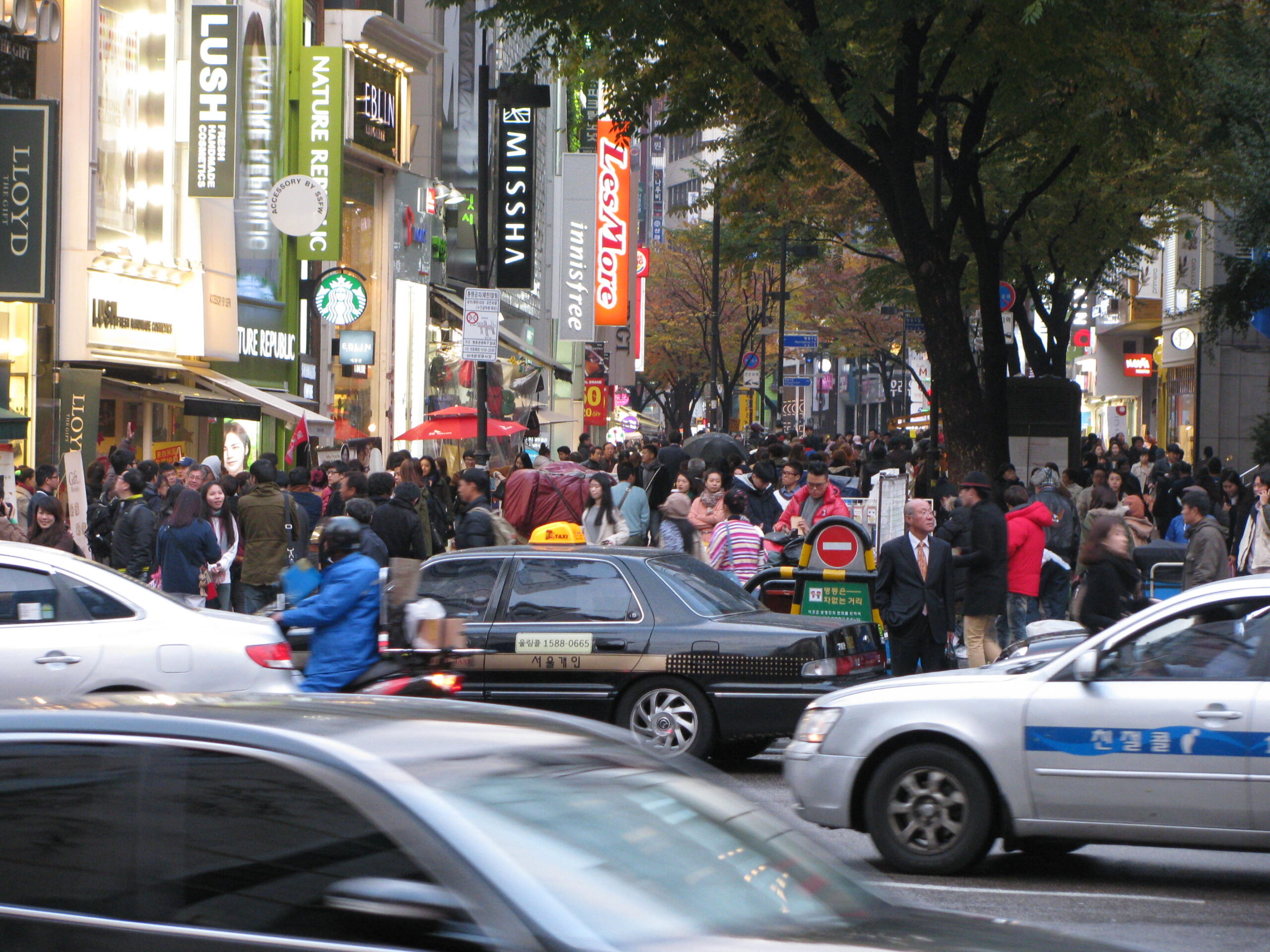Nada Young and Sang Woo Park report on the rising addiction to online shopping in South Korea’s food and beverage sector.
South Korea (Korea) is home of the world’s fastest Internet. The average speed in Korea at the time of writing this article is 26.7 mbps. New Zealand is a distant 9.3 mbps (source: Fastmeterics www.fastmetrics.com).
The South Korean peninsula is also one of the most densely populated places on earth with 211 people per square kilometre according to the World Bank 2016 study.
By comparison, New Zealand’s population density was a roomy 18 people per square kilometres.
With a total population of 51.25 million people, Korea is one of the Four Asian Tigers (South Korea, Taiwan, Singapore and Hong Kong) and the fifth largest economy in Asia.
It is New Zealand’s sixth largest export market and, fortunately for exporters, the New Zealand – Korea Free Trade Agreement entered into force in December 2015 – without it, tariffs on many of our common export goods would be as high as 40 percent.
Korea’s high population density and lightning-fast Internet create the perfect conditions for a multi-billion dollar e-commerce sector.
In 2017 Korea’s online shopping movement reached 78 trillion won (US$71.7 billion) and is expected to exceed 80 trillion won (US$73.6 billion) this year, according to statistics released by the National Statistical Office on 2 December 2017.
Mobile-based online transactions accounted for 61 percent of the total online market. Food and beverage (F&B) online sales saw some of the biggest increase with a massive 38 percent rise to 9,751.1 billion won (US$8.9 million), outpacing consumer electronics (at 8,912.3 billion won, 24.3 percent).
Thanks to the implementation of advanced technologies such as retina recognition, fingerprint detection, cyber money, ‘Big Data’ analysis and artificial intelligence (AI) the online consumer experience is sophisticated and uniquely tailored to suit the individual shopper.
This user-friendly shopping environment, combined with prices up to 40 percent lower than offline and the convenience of home delivery, has practically revolutionised Korea’s grocery sector.
The number of single and dual income households has risen rapidly in recent years and these urban professionals are all about convenience. Purchasing groceries online and having them delivered to the door at a time that suits has become the new normal in Korea.
These conditions have also given rise to a thriving Meal Kit market. Home Meal Replacements (HMR) are an important category in the F&B sector in Korea, but it’s the Meal Kit market within this category that is currently capturing people’s attention.
A Meal Kit is a nicely branded package of ingredients complete with easy to follow cooking instructions. There are Meal Kits for everything from traditional Korean dishes to Italian-style pasta and even Mexican-style tacos.
Food giants such as Dongwon, GS Retail and Yakult Korea have already entered this market. Many others are following.
The beauty of Meal Kits is that they do not take away the joy of cooking. A perfect meal is ready in about ten to 15 minutes. There’s no waste, no need for extra ingredients and the Meal Kit is delivered right to the door in the same way that you might order a pizza.
Online malls
As the shift to online shopping continues many of the major F&B companies in Korea have established their own online ‘shopping malls’. The move allows them to break free from the cut-throat conditions of physical retail while enhancing profitability and enabling better control of their brand.
CJ, one of the leading F&B manufacturers in Korea, is aggressively promoting it’s online store, ONMART, which has exhibited double-digit growth every year since it launched. Unlike other online stores, over 90 percent of ONMART sales are generated by CJ brands.
F&B giant, Dongwon, also has a thriving online business. Their site sells its own brands, of which there are many, alongside products from COSTCO.
Without an in-house e-commerce platform and delivery service COSTCO makes use of Dongwon online to enable consumers to purchase COSTCO goods together with Dongwon’s products and have them delivered to the door.
Deasang offers over 100 brands in its online shopping mall. With enticing promotional tactics such as discount coupons and a huge selection of goods, sales have seen triple-digit growth in recent years.
In a bid to capture a niche market, Deasang recently launched an ‘airport delivery service’.
For Koreans that simply can’t live without their beloved Korean food, Daesang offers an array of F&B products that are appropriately packaged for long flights without the risk of leakage or breakage. The company operates a collection desk at the airport so consumers can purchase online before they fly and pick up their goods when they reach the airport.
Korea’s online shopping addiction has become a multi-billion dollar habit that is showing no signs of slowing down.
Nada Young is the director, and Sang Woo Park the Korea country manager, of INCITE. Visit www.exportincite.com This article first appeared in the May 2018 issue of NZBusiness.




